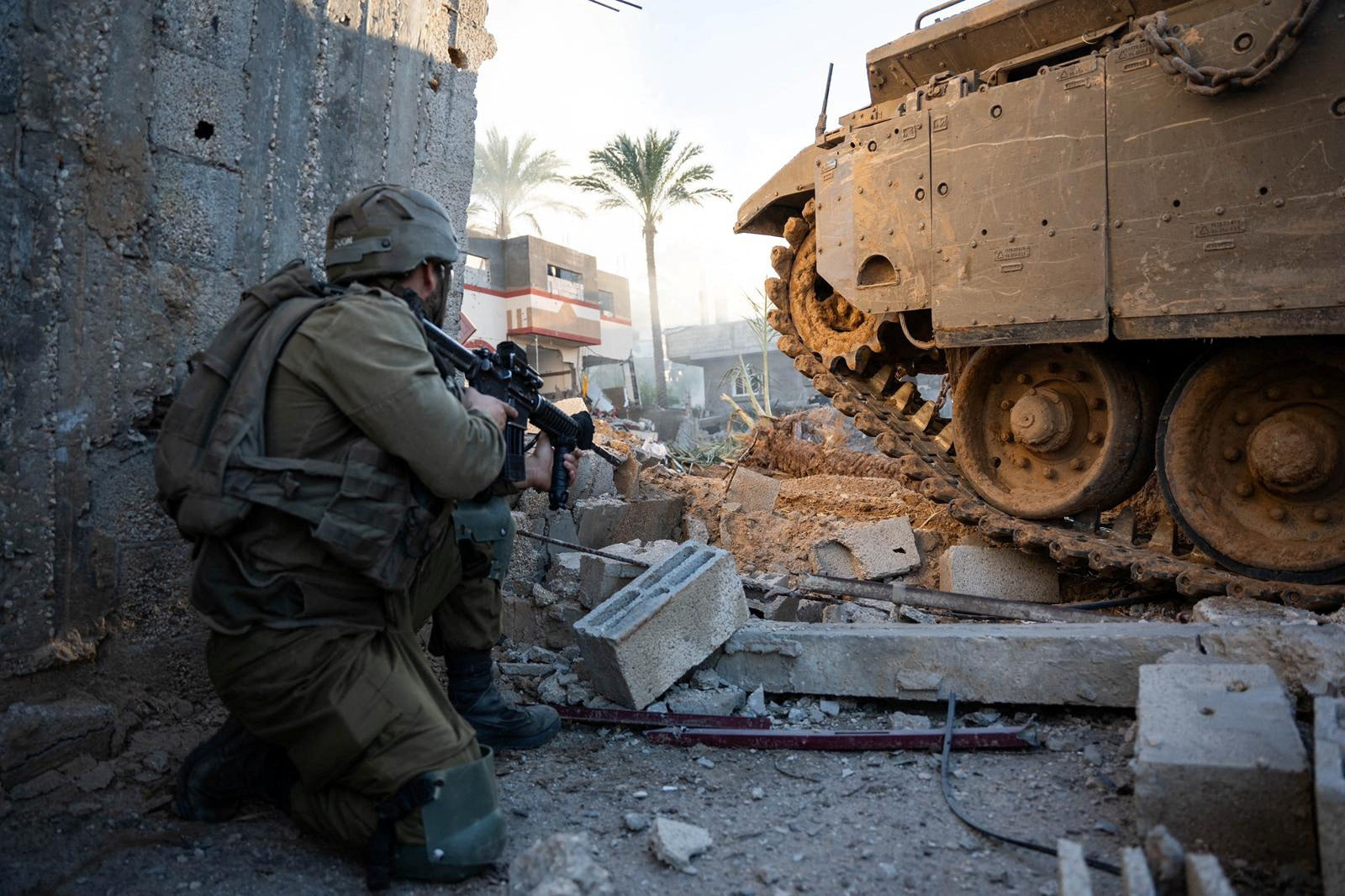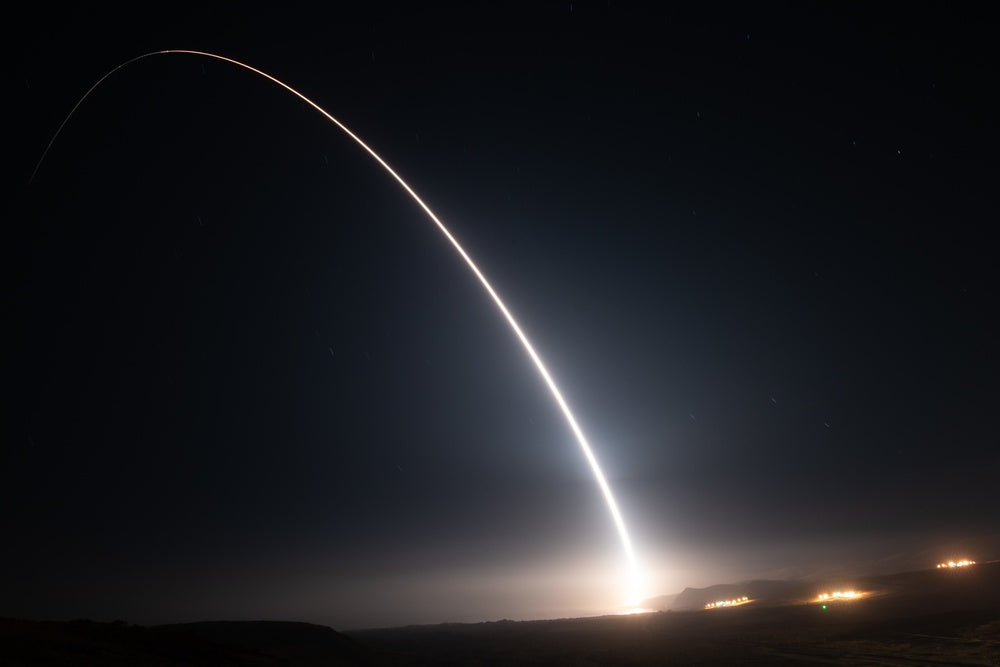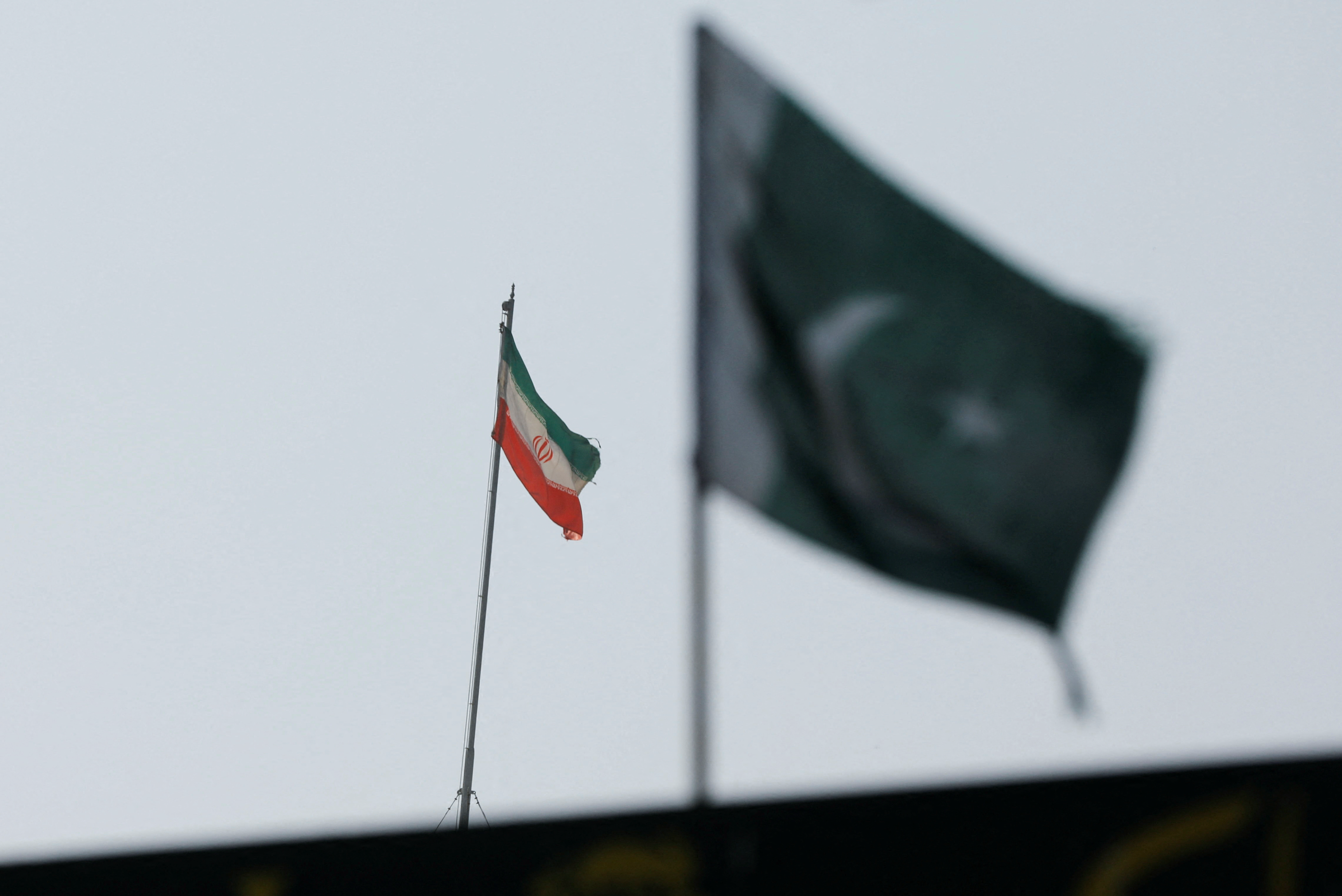
Battle of Khan Younis threatens biggest hospital still working in Gaza
PHOTO CAPTION: Representational photo — An Israeli soldier operates in the Gaza Strip, amid the ongoing conflict between Israel and the Palestinian Islamist group Hamas, in this handout picture released on December 20, 2023. Israel Defense Forces/Handout via REUTERS
By Bassam Masoud, Nidal al-Mughrabi, Dan Williams
GAZA/DOHA/JERUSALEM (Reuters) -Israeli forces advancing into the southern Gaza Strip's main city pounded areas near the biggest hospital still functioning in the enclave on Thursday, sending patients and residents fleeing a battle they feared would lay the city to waste.
The heaviest battle of the year so far was under way in Khan Younis, sheltering hundreds of thousands of people who fled the north earlier in the war, now in its fourth month.
Residents described heavy fighting and intense bombardment in the north and east of the city and, for the first time, in the west, where they said tanks had advanced to carry out a raid before withdrawing.
The Israeli military said a brigade in Khan Younis, now operating further south than troops had ventured before, had "eliminated dozens of terrorists in close-quarters combat and with the assistance of tank fire and air support". It said it had killed 60 fighters in the previous 24 hours, including 40 in Khan Younis. The figures were impossible to verify.
The charity Medecins Sans Frontieres, which has doctors at the city's Nasser Hospital, said patients and displaced people sheltering there were fleeing in panic.
In Rafah, further south, where more than half of Gaza's 2.3 million people are now crammed into a small city by the Egyptian border, 16 bodies were laid out on the bloodstained cobbles outside a morgue, most in white shrouds, a few in body bags.
A branch of the Zameli family had been wiped out in a strike that destroyed their home overnight. Half the bundles were tiny, holding the bodies of small children. A grey-haired man howled in sorrow as he clung to one of the bodies, burying his face in the face of the shrouded corpse. A woman in a pink headscarf keened and stroked one of the shrouds.
At the scene of the bombing, a girl's tattered princess schoolbag lay in the rubble. Tears rolled down the cheeks of 10-year-old cousin Mahmoud al-Zameli, who lived next door and had escaped.
"Yesterday, I was playing with the children over there. They have all died," he sobbed. "I’m the only one still alive."
More than three months into a war that has killed more than 24,000 Palestinians and reduced much of the Gaza Strip to rubble, Israel has said it is planning to wind down its ground operations and shift to smaller-scale tactics.
But before doing so, it appears determined to capture all of Khan Younis, the main southern city which it says is now the principal base for the Hamas fighters who stormed across the border on Oct. 7, killing 1,200 people and seizing 240 hostages.
An Israeli official, speaking on condition of anonymity, told Reuters that, while Israel had already shifted to smaller scale operations in Gaza's north, the fierce battle for Khan Younis was likely to rage on for up to two months.
Nearly all of Gaza's population has now been penned into two small areas: Rafah just south of Khan Younis, and Deir al-Balah just north of it. Israel has given no indication of whether it intends to storm those towns but says it will not stop fighting until it has eradicated Hamas, an aim Palestinians say is unachievable given the group's diffuse structure and deep roots.
FIGHTING APPROACHES KEY HOSPITAL
Khan Younis residents said on Thursday the fighting had come within a whisker of Nasser Hospital, the biggest hospital still working in the enclave, which has been receiving hundreds of wounded patients a day, crammed into wards and treated on the floors since fighting shifted to the south last month.
"What is happening in Khan Younis now is complete madness: the occupation bombards the city in all directions, from the air and the ground too," said Abu El-Abed, 45, now living in Khan Younis after being displaced several times with his family of seven since leaving Gaza City in the north earlier in the war.
Israeli officials have accused Hamas fighters of operating from Nasser Hospital, which staff deny. Israel made similar accusations in November at the main hospital in the north, Al Shifa, before subjecting it to a siege lasting days, then storming it.
Two-thirds of Gaza's hospitals, including all medical facilities in the northern half of the enclave, have now ceased functioning, and the rest are only partly operational. Losing Nasser would curtail the limited trauma care still available.
"According to MSF’s surgeon in Nasser hospital, last night Israeli forces heavily bombed the area close to the hospital with no prior evacuation order, causing patients and many of the thousands of displaced civilians who had sought refuge in Nasser to flee in a panic," the Geneva-based medical charity said on X.
In a video that included footage of dark smoke rising above central Khan Younis, MSF Head of Mission for Palestine Leo Cans, who reached the hospital, said fighting had come "very close".
"We hear a lot of bombing around. A lot of shooting around," he said. "The wounded people that we take care of, many of them lost their legs, lost their arms. There are really complex wounds that require a lot of surgery. And we don't have the capacity to do this now. The situation has to stop."
Israelis marked the first birthday of the youngest hostage, baby Kfir Bibas, who was not among scores of women and children freed during a truce in November. Hamas says it is no longer holding children, and Kfir, his 4-year-old brother and their mother were killed in an Israeli air strike, though it has released no images confirming their deaths.
"His whereabouts are unknown," Israeli President Isaac Herzog said at the World Economic Forum in Davos, sitting next to a photograph of the baby. "I call upon the entire universe to work endlessly to free Kfir and all the hostages."
(Reporting by Nidal al-Mughrabi in Doha, Arafat Barbakh, Mohamed Salem, and Bassam Masoud in Gaza, Dan Williams in Jerusalem;Writing by Peter Graff; Editing by Kevin Liffey)









